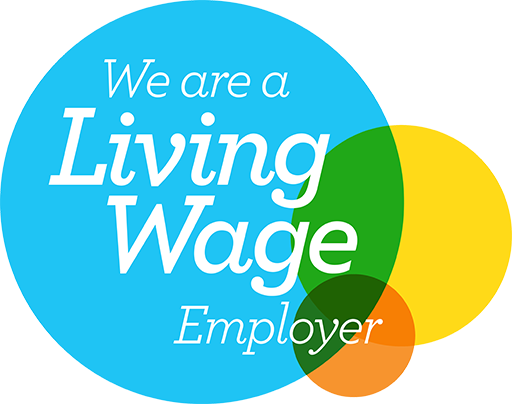Organisations supporting refugee integration are invited to apply for funding to deliver projects that help people seeking safety in Scotland learn English and access employment.
What Is the Supporting New Scots Fund?
The Supporting New Scots Fund aims to help people seeking safety feel at home in their new communities and reduce their risk of poverty. It will focus on two of the highest priority areas for refugee integration: English for Speakers of Other Languages (ESOL) and Employability.
The arrival of people from Afghanistan and Ukraine has reinforced the importance of language and employment in enabling New Scots to rebuild their lives safely and securely.
A total of £500,000 is available to fund a limited number of defined projects covering ESOL Provision for Refugees and Refugee Employment.
Who can apply for funding?
We are seeking tenders from Local Authorities, Third Sector Organisations and other bodies working with New Scots, for projects of seven-months duration which deliver:
- a defined improvement in language skills for either social integration or employability, or
- a significant improvement in the understanding and readiness of refugees to obtain employment in Scotland.
Tenders must be submitted by 11.59pm on Sunday, 26 March 2023.
ESOL
Projects providing English for Speakers of Other Languages can apply for a minimum of £15,000 and a maximum of £25,000.
Employment
The minimum award for Refugee Employment Projects is £50,000. A maximum of £70,000 will be awarded for local interventions and £100,000 for projects which have nationwide coverage.
The deadline for tenders is 11.59pm on Sunday, 26 March
Background
The Scottish Government recently announced that additional funding had been secured to support work to integrate refugees across Scotland.
The Supporting New Scots Fund is part of a wider New Scots Refugee Integration Delivery Project funded by the European Union Asylum, Migration and Integration Fund (AMIF).
The New Scots Refugee Integration Delivery Project is led by the Scottish Government in partnership with COSLA, the Scottish Refugee Council and the UNESCO Chair for Refugee Integration through Languages and the Arts (RILA) at the University of Glasgow.
£1.6 million in funding will focus on the development of a refreshed New Scots Refugee Integration Strategy ensuring refugees and asylum seekers are supported to make their new communities their home.
Scotland has responded to multiple humanitarian crises in recent years, including large scale displacement of refugees from Afghanistan and Ukraine. Almost 23,000 displaced people from Ukraine have arrived in Scotland since February 2022.
The speed and scale of the mass evacuation efforts is unprecedented within recent Scottish history. This refreshed strategy will ensure learning from these experiences is incorporated and that all communities are included equally in integration efforts.
Further projects to receive this EU funding include:
- Small grants to support wide-scale public engagement across Scotland for the refreshed New Scots Refugee Integration Strategy. This will enable organisations to host engagement events for existing and recently arrived New Scots and minimise barriers to attendance
- The extension of University of Glasgow’s international research into New Scots integration for Afghan and Ukrainian Nationals, focussing on efforts made by the Scottish Government, local authorities and the third sector to support integration
- Refugee Festival Scotland – a focal point and celebration of all New Scots in Scotland. This will include providing small grants to organisations to enable them to host events as part of the Festival


